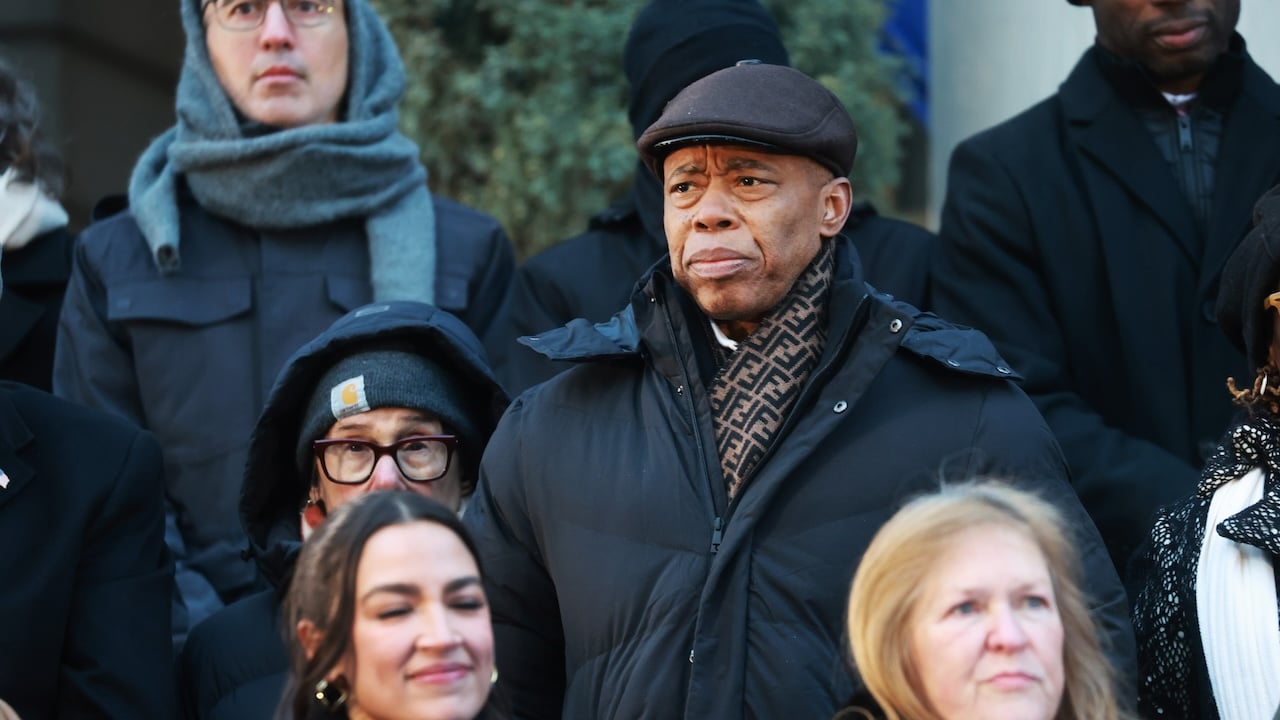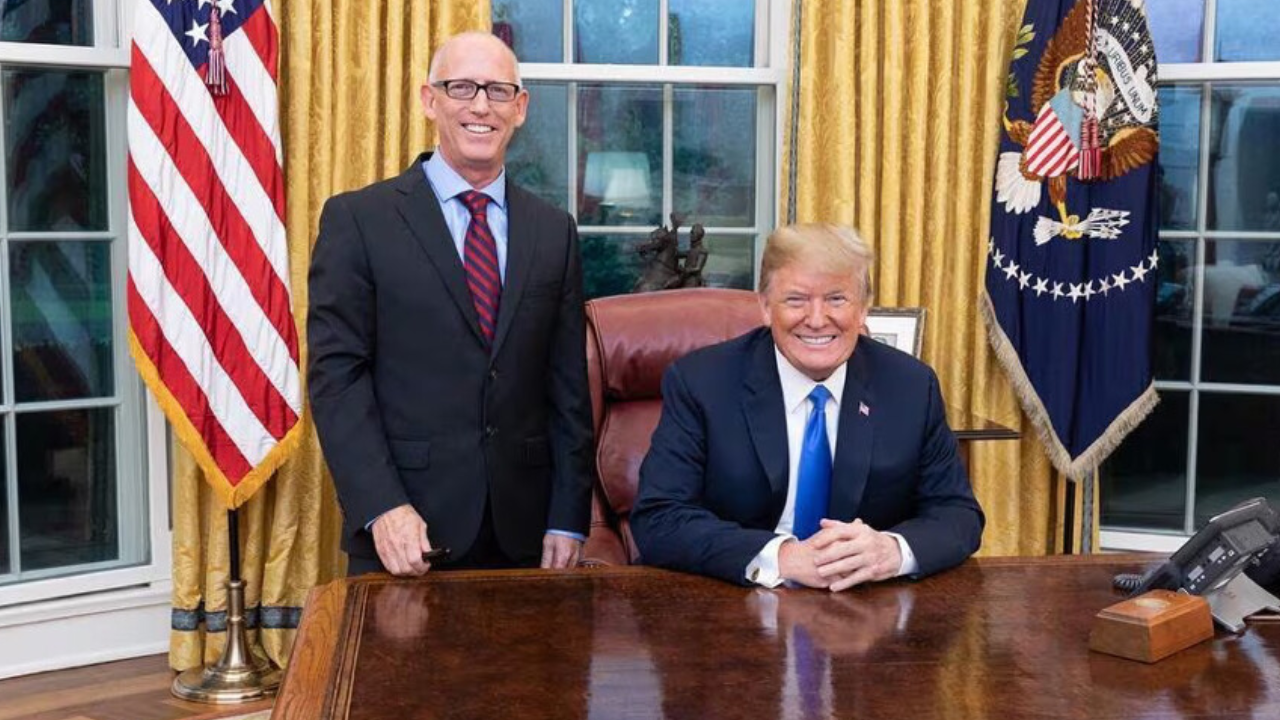Safeway’s New Exit Gates Have Shoppers Torn — Smart Security Or Overreach?

A local Safeway in Hyattsville’s University Town Center is tightening security and stirring conversation. The grocery store recently installed new electronic gates that require customers to scan their receipts before exiting the checkout area.
The change, aimed at reducing shoplifting, has left shoppers with mixed feelings.
“It’s just one more thing to think about after you’ve already paid,” said local shopper Deborah Bradley, who visits the Safeway several times a week. “I understand why they’re doing it, but it feels like an inconvenience for honest customers.”
When your grocery exit requires you to scan a receipt to open a gate, what once felt like routine shopping becomes a subtle test of trust. Some shoppers call the new gates “a hassle” and wonder how accurate or necessary they really are. Others insist that communities brought this on themselves. That quiet friction between inconvenience and accountability captures a national story hiding in plain sight.
Across the country, supermarkets are tightening their exits. What began as a pilot project has become a growing trend: self-checkout lanes now corral shoppers behind one-way gates that only unlock with a scanned receipt. Safeway has rolled out similar systems in stores across the Washington, D.C., region and San Francisco, describing the change as a “long-planned security improvement” to curb theft. Other chains, including Target, CVS, and Walmart, are testing comparable technologies using sensors, cameras, and “trusted shopper” programs.
Industry data shows that shrinkage, otherwise known as retail losses from theft, error, and fraud, has ballooned in self-checkout environments. A study from the ECR Retail Loss Group found that stores processing half their transactions through self-checkout experience up to 75% higher losses than traditional ones. And according to Deloitte, as much as 20 to 40% of missing inventory now originates from self-service lanes.
But the backlash is growing just as fast. Many shoppers say these gates make them feel criminalized and forced to “prove” their innocence before leaving. Legal experts warn that detaining or blocking customers without cause could expose stores to liability. And beyond legal questions lie deeper moral ones. What happens to a community’s sense of belonging when everyday transactions are treated as potential crimes?
Safeway’s Department of Communications and Public Affairs said in a statement that the changes are meant to “ensure the well-being of employees and foster a welcoming environment for customers.”
While the intent is to enhance safety, not everyone believes the gates are the best solution. “I get that stores are losing money because of theft,” said shopper Morgan Bailey, “but it also makes me feel like I’m being watched or suspected every time I shop.” Other residents say they support the policy if this keeps people from stealing.
For Hyattsville, the new gates symbolize more than a local experiment in theft prevention. They reflect a national reckoning over how far retailers and their communities are willing to go to protect what they value most: safety, trust, or convenience.
Jada White is a senior broadcast journalism major at Howard University. She can be reached on Instagram @jadawhi.
SEE ALSO:
Serving My Country, But Not Getting Paid
Faith In The Shutdown: 1 Federal Worker’s 6 Weeks Without Pay
What's Your Reaction?
 Like
0
Like
0
 Dislike
0
Dislike
0
 Love
0
Love
0
 Funny
0
Funny
0
 Angry
0
Angry
0
 Sad
0
Sad
0
 Wow
0
Wow
0































